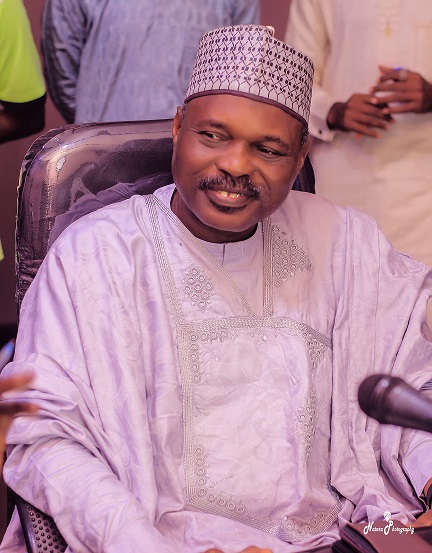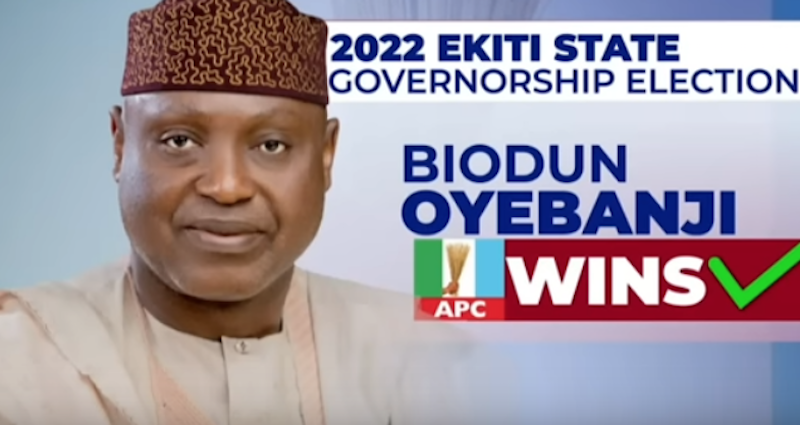Kano 2023: Why Bala Gwagwarwa is the best man for the job
By Ibrahim Uba Many observers have already concluded that no gubernatorial election in Kano has ever drawn more aspirants like the forthcoming 2023 election. There are over ten politicians who…

